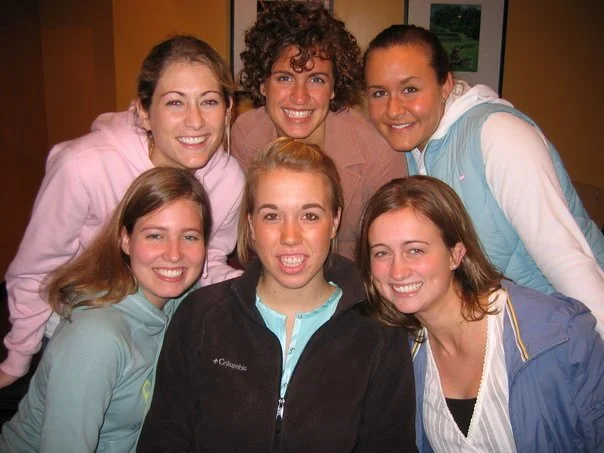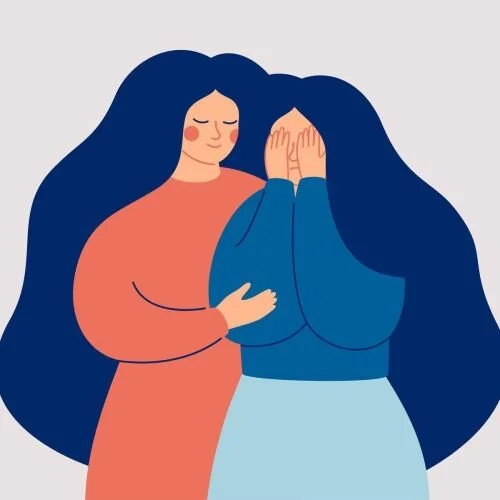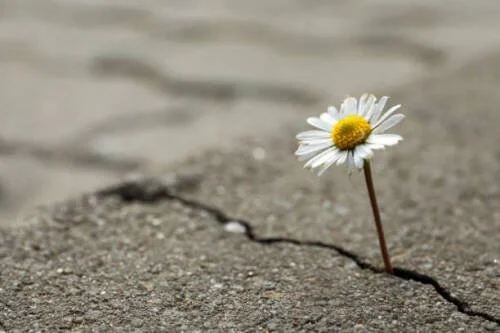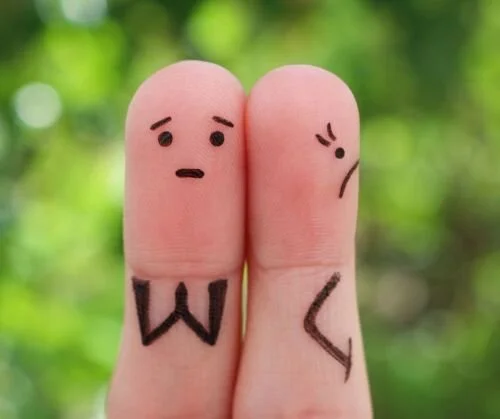When a shooter comes to school
/When the news is bad and I feel small, I feel myself tipping into despair: the problem is too big and that the people with the power can't or won't do what matters.
But the truth is that no small goodness is insignificant. And despair robs the world of the incremental grace that I can offer.
I'd rather write about the helpers. I'm reminded of a quote from my favorite neighbor-and-sage, Mr. Rogers:
If you look for the helpers, you will know there is hope.




















